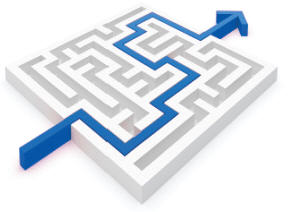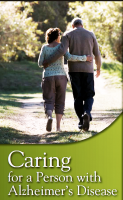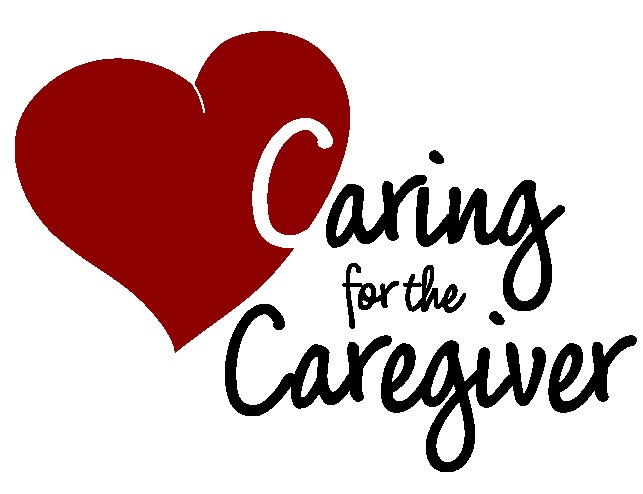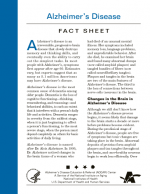If you have been diagnosed with dementia, this Help Sheet may be useful. It suggests ways to look after yourself and some people who can assist you to do this.
Being diagnosed with dementia will probably have come as a shock to you, as well as your family and friends. However, there is much that you can do to ensure that you remain as independent as possible and continue to enjoy life for a long time to come.
Your health
It is always important to maintain good health.
Some suggestions
- In consultation with your doctor, exercise regularly and stay active. This might include walking, gardening or continuing with other activities you enjoy, even though you may need to modify them
- Try to eat a balanced diet
- Rest when you are tired
- Try to incorporate regular relaxation into your day
- Limit your intake of alcohol. For some people alcohol can make memory problems worse
- Ensure you are taking medication as prescribed – a pillbox (dosette) can help organise your medication. The pharmacist can sort tablets into the dose on a regular basis
- Have a regular general health check up
Your feelings
Experiencing the changes caused by dementia may bring about a range of different emotions. Having such feelings is very common and it may help to share them.
Talk to someone you are comfortable with and trust. You might also like to join a support group and meet others who have dementia to share experiences and ideas for dealing with the condition.
Managing with memory loss
While you may clearly remember events from long ago, recent events may be quickly forgotten. You may have difficulty keeping track of time, people and places. Keep in mind there will be days when your memory is better than others. Though unsettling, this type of fluctuation is normal.
Some suggestions
- Keep a diary or note book of important things to remember and try to have it with you all the time. It may contain:
- Appointments or a list of things to do.
- Important phone numbers, including your own and ones that may be needed in an emergency.
- Names and photos of people you see regularly. Label photos with names and their connection to you such as son, friend, etc.
- Your address and a map showing where your home is.
- A record of your daily activities to look back on.
- Any thoughts or ideas you want to hold on to.
- Put up a whiteboard or pin board in a prominent place such as the kitchen and use it to write important things to remember for the day or week.
- Telephone numbers written in large print and put up by the telephone can be helpful. Include emergency numbers, as well as a description of where you live.
- Label cupboards and drawers with words or pictures that describe the contents, for example dishes, knives and forks.
- Keep a special place for important items such as glasses, wallet and medications.
- Marking off days on the calendar is a way of keeping track of the time.
- Ask family and friends to ring just before coming to visit as an extra reminder.
Getting through the day
You may find it harder to do the things you once did easily. For example, preparing meals or managing your money and balancing your cheque book may become more difficult, or take more time than it used to.
Some suggestions
- Give yourself more time; don’t let others hurry you.
- If something is too difficult, try taking a break for a while.
- Try breaking a task down into smaller steps and take one at a time.
- Arrange for others to help you with difficult tasks, or perhaps with parts of tasks.
Talking to others
It is important to keep up your social contacts. Finding the right words to express your thoughts and understanding what people are saying can be difficult at times.
Some suggestions
- Take your time.
- Tell people you have a problem with thinking, communicating and remembering.
- If you did not understand what someone says, ask them to repeat it.
- It IS okay to ask over and over again.
- If too many people or too much noise bothers you, find a quiet place.
- If you lose a thought, let it go – it is okay if you forget it – it may come back later.
Finding your way
There may be days when things that are usually familiar to you become unfamiliar.
Some suggestions
- If you enjoy taking a walk, try to take the same route each time.
- Don’t be afraid to ask for help.
- Explain to people that you have a memory problem and need some assistance.
- Try to carry identification at all times, including your name, address, phone number and emergency contact. This can be carried in a bag or pocket, or engraved on a bracelet. Keep this information up to date.
- Consider getting a bracelet or necklace which is linked to a 24-hour emergency assistance service with all your details registered.
Based on:
I’m told I have dementia,
Alzheimer’s Society, UK
Just for you, Alzheimer’s Society of Canada

http://www.fightdementia.org.au/understanding-dementia/section-8-about-you—information-for-people-with-dementia.aspx
http://www.fightdementia.org.au/









